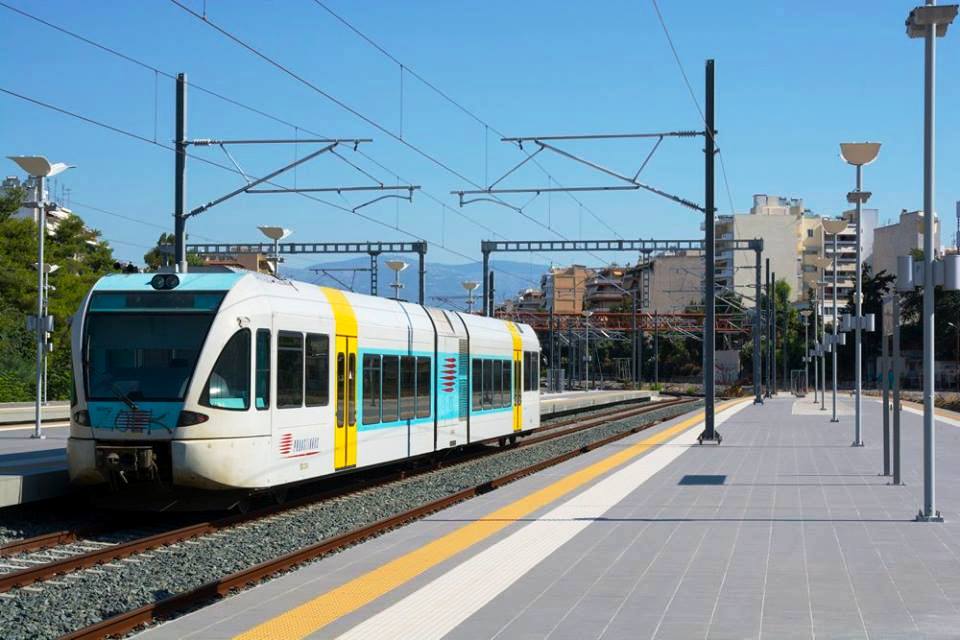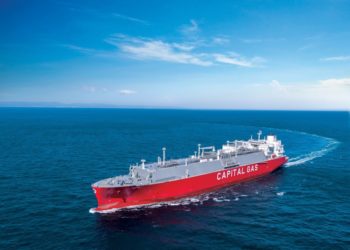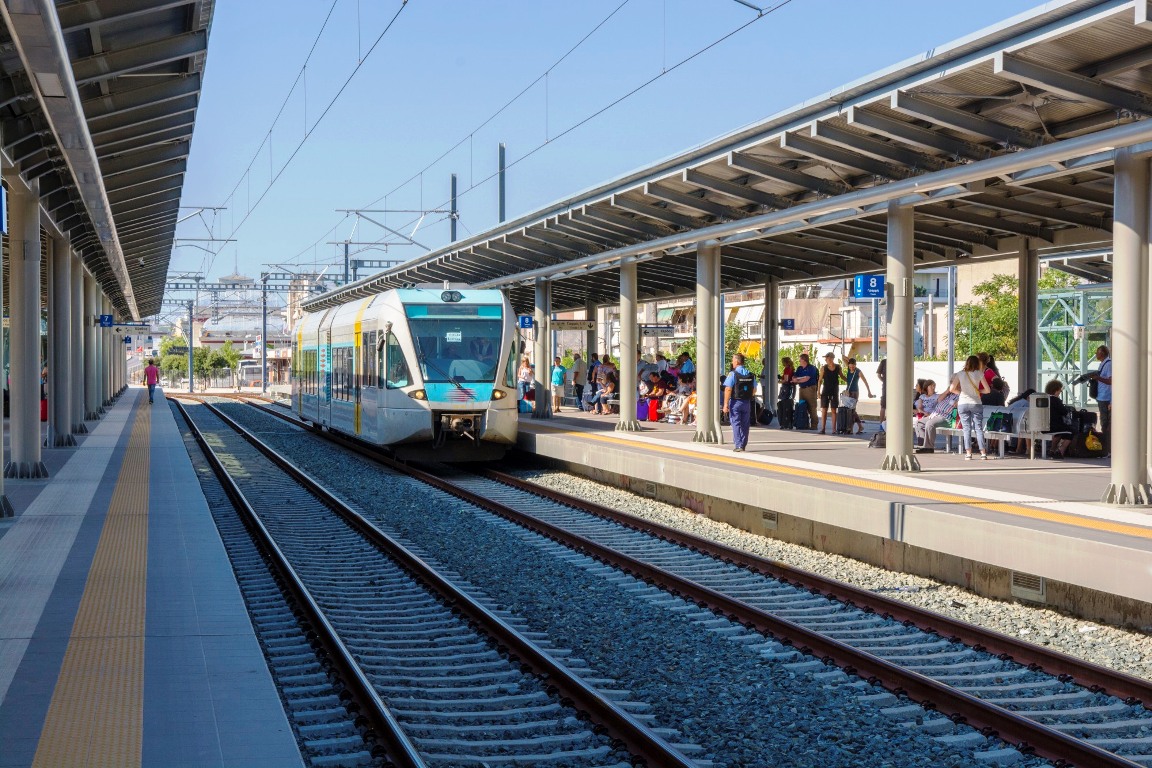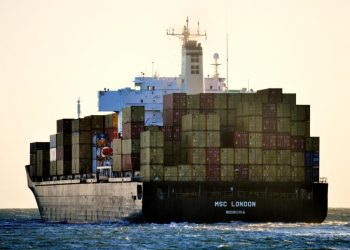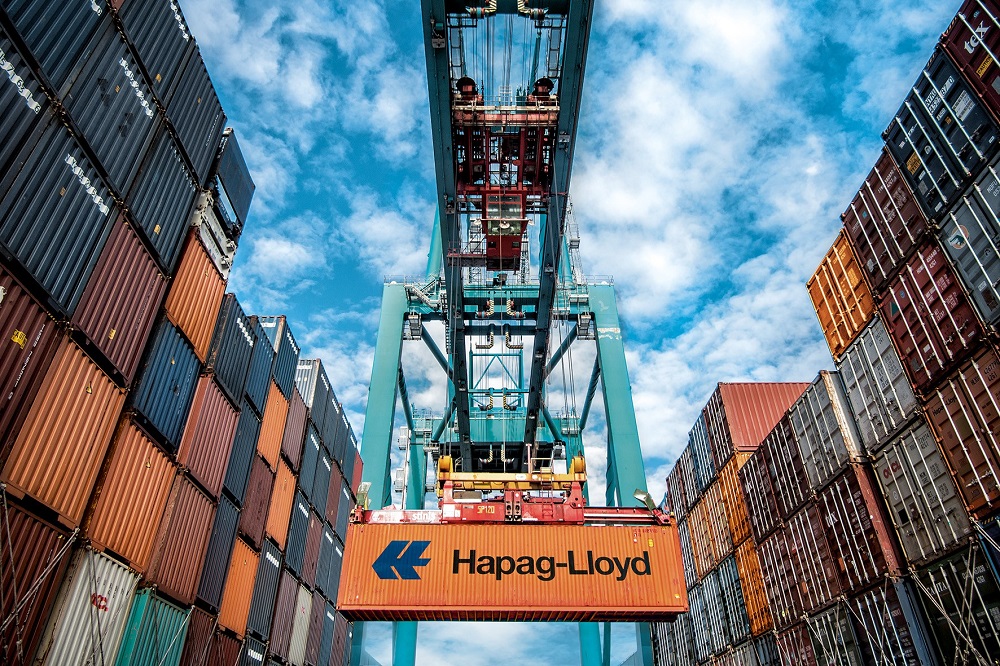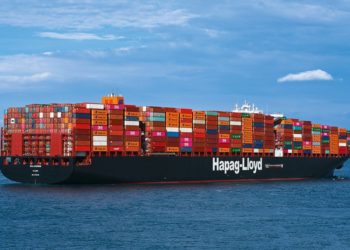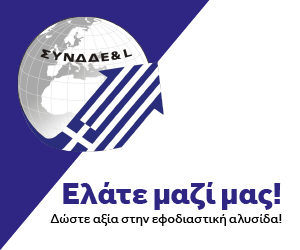Hapag-Lloyd has disclosed its 2017 annual report today. Based on the audited figures, earnings before interest, taxes, depreciation and amortisation (EBITDA) increased significantly to EUR 1,055 million (2016: EUR 607 million) and the operating result before interest and taxes (EBIT) to EUR 411 million (2016: EUR 126 million).
The group net result stood at EUR 32.1 million for the year 2017, this is an increase of EUR 125.2 million compared to the previous year (2016: EUR -93.1 million).
“Given the market environment, we are satisfied with the financial results in 2017, especially because we at the same time completed the integration of the businesses of Hapag-Lloyd and United Arab Shipping Company Ltd. (UASC). The successful merger with UASC has significantly strengthened our competitive position. We also benefitted from improved freight rates and a positive development of the worldwide container transport volume,” said Rolf Habben Jansen, Chief Executive Officer of Hapag-Lloyd.
Based on this positive business development, the executive board and the supervisory board of Hapag-Lloyd AG have decided to propose to the Annual General Meeting the payment of a dividend of around EUR 100 million, equivalent to 57 cents per share, for the business year 2017.
In 2017, revenues increased by circa 29% to around EUR 10 billion (2016: EUR 7.7 billion), supported by an improved average freight rate in 2017 of 1,051 USD/TEU (2016: 1,036 USD/TEU).
Transport volume increased significantly by 29% to 9.8 million TEU (2016: 7.6 million TEU), driven by the merger with UASC and a healthy underlying organic volume growth.
Transport expenses increased by 25.5% to EUR 8.0 billion (2016: EUR 6.4 billion), because of higher volumes and an increased average bunker consumption price of USD 318/tonne (2016: USD 226/tonne). The average exchange rate was at 1.13 USD/EUR compared to 1.10 USD/EUR in 2016.
As of 31 December 2017, Hapag-Lloyd had EUR 6.1 billion (2016: EUR 5.1 billion) in equity and a liquidity reserve (cash, cash equivalents and unused credit facilities) of EUR 1.1 billion (2016: EUR 0.8 billion).
The equity development was mainly driven by the merger with UASC as well as a cash capital increase of EUR 352 million that was successfully completed in October 2017. Net debt amounted to EUR 5.7 billion (2016: EUR 3.6 billion) at the balance sheet reporting date.
“Looking ahead, we will continue to further reduce our debt. In addition to that, we want to capture all possible synergies from the merger with UASC and become even more efficient,” said Rolf Habben Jansen and added: “Going forward, our customers will benefit from further improved services and new digital products. We will invest to strengthen our position as a quality services provider and will continue to grow profitably in the future. The market environment remains challenging, but as we see some of the fundamentals improving gradually over the upcoming period, we remain cautiously optimistic.”
In its most recent economic outlook, the IMF expects global economic growth to reach 3.9% overall and global trade volume to increase by 4.6% in 2018. Hapag-Lloyd expects an increasing demand for container shipping services, and year-on-year volume will also grow due to the inclusion of UASC’s business activities for the whole year.
Hapag-Lloyd’s average externally published freight rate in 2018 is likely to be on a similar level as in 2017, as this year the additional volume from UASC is included for the full year which, as UASC´s rates were structurally lower, artificially pulls the year-on-year rates down. Hapag-Lloyd is also expecting a clearly increasing average bunker consumption price in 2018.
Provided that the expected freight rate is achieved and the planned synergies from the merger with UASC are realised, along with the expected improvement in the quality of earnings and the anticipated growth in transport volumes, Hapag-Lloyd is forecasting a clearly increasing EBITDA and EBIT in 2018

